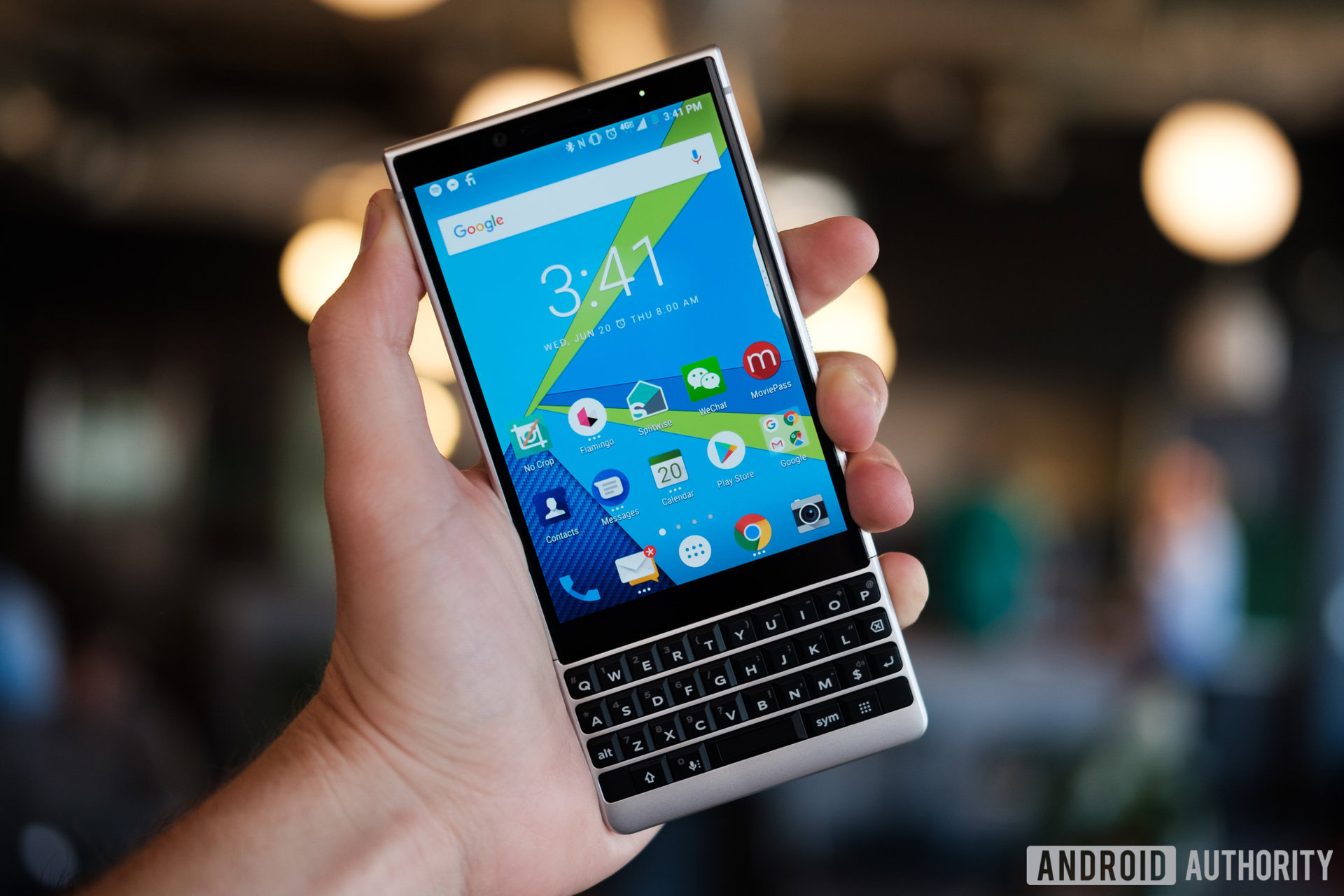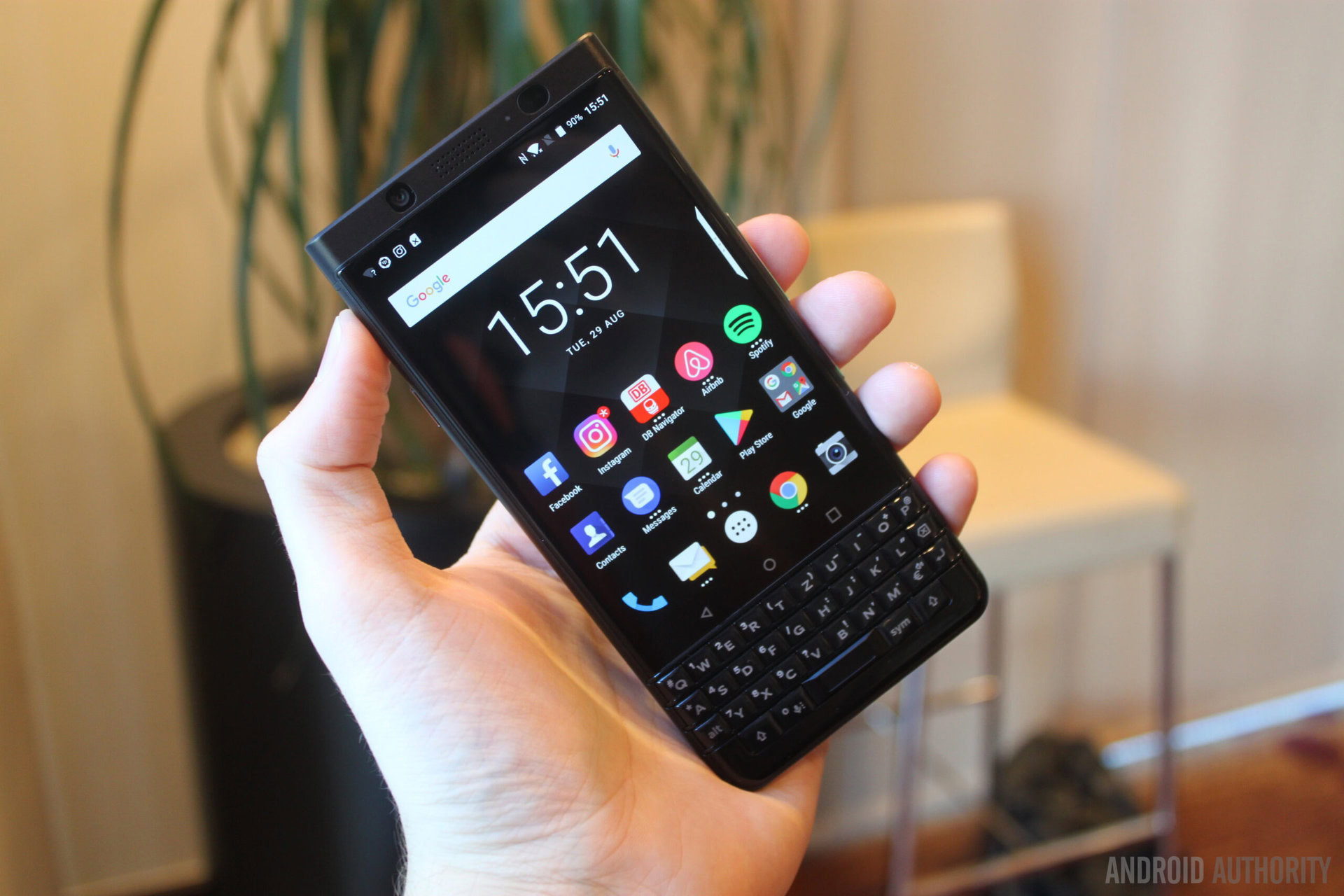Affiliate links on Android Authority may earn us a commission. Learn more.
BlackBerry branded phones won't be made by TCL anymore
Published onFebruary 3, 2020

Fans of the current BlackBerry mobile phone lineup got some bad news today. In a Twitter post, TCL Communication revealed they no longer have the rights to design, make or sell any future phones with the BlackBerry Mobile brand. Sales of existing TCL-made BlackBerry phones will end on August 31, 2020. Support for those phones, including customer and warranty support, will continue until August 31, 2022.
TCL’s Twitter post did not give a specific reason why the company no longer can design or make BlackBerry-branded phones. It did thank all of the partners, customers,and fans of BlackBerry “for their support over these last few years.”
— BlackBerry Mobile (@BBMobile) February 3, 2020
In its own Twitter post, BlackBerry thanked TCL “for a successful partnership over the past few years. Together we produced great things.” It did not comment on why BlackBerry decided to end their smartphone branding partnership with TCL.

After BlackBerry announced in 2016 it would no longer design and make its own smartphones, it awarded TCL the license to design and make smartphones using the BlackBerry name. In 2017, TCL released the BlackBerry KEYone, which retained the classic BlackBerry physical QWERTY keyboard with an Android-based smartphone. That same year, TCL released the BlackBerry Motion, a more conventional all-touchscreen smartphone.
In 2018, TCL released the BlackBerry Key2, which included larger keys for the physical keyboard compared to the KEYone, along with other improvements such as dual real cameras. The BlackBerry Key2 LE also launched in 2018, which retained the same design but was cheaper due to a slower processor, less RAM and a plastic chassis instead of the Key2’s aluminum body.
As it turned out, the Key2 LE would be the last BlackBerry-branded phone to be made by TCL. As of this writing, it’s unknown if BlackBerry will offer the smartphone hardware license to another company. If it doesn’t, it’s truly the end of an era in mobile and smartphones.